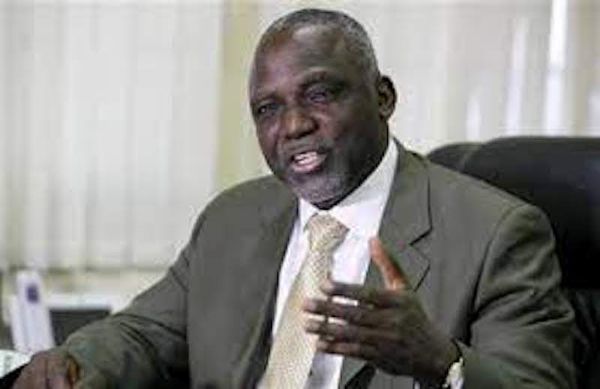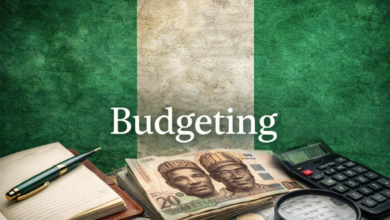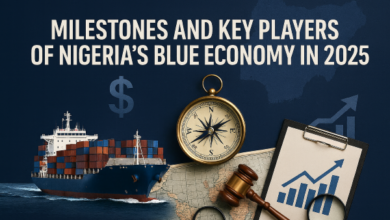How energy sector can boost Nigeria economy – Barth Nnaji

Former Minister of Power, Prof. Barth Nnaji, on Thursday, said that Nigeria would only achieve the envisioned one trillion dollar economy if it strategically invested in the energy sector to promote
Nnaji said this during the 2025 Edition of “The Bullion Lecture” organised by the Centre for Financial Journalism in Lagos.
The lecture had as its theme, “Architecting the Energy Sector for Nigeria’s $1 trillion Economy vision”
Nnaji, who is also the Chief Executive Officer of Geometric Power Group, said that increased investment in gas would stimulate the development of more thermal power plants.
He noted that this is crucial for Nigeria to reach its economic goals.
Nnaji called for the reinstatement of Power Purchase Agreements (PPAs) that were previously suspended, saying that these agreements were vital for encouraging investment in the sector.
“The country currently generates about 5,500 megawatts, but it should be up to 30,000 megawatts by 2030, according to the Nigeria Electricity Supply Industry (NESI) in its Vision 30:30:30.
“NESI envisions that by 2030, the country will not only produce 30,000 megawatts but also that 30 percent will come from renewables.
“I believe that the country should aim at 100,000 megawatts by 2040 so that we can become a higher medium economic power by then.
“It is, however, doubtful that the country can generate either 30,000 MW by 2030, as envisioned by NESI, or 100,000 MW by 2040, as I advocate.
“This is because of the suspension of the guarantee instrument for PPAs by President Muhammadu Buhari’s administration. This should be brought back,” he said.
Nnaji noted that Nigeria was known as the 9th country in the world with the highest natural gas deposit with 209.26 trillion cubic feet of gas.
He said this made it inexplicable that Nigeria should be struggling with gas for its 24 gas-fired plants, with over 80 million persons with no electricity access.
He explained that in contrast, Algeria, with 2.9 trillion cubic feet, had long provided electricity access to all its citizens and built very good educational institutions, including an internationally recognised technical university.
According to him, Algeria has one of the three largest Africa’s economies. Nigeria has the fourth largest.
“The Nigerian government has to find innovative ways to utilise the humongous gas resources in the country. Natural gas is environmentally more efficient than coal and oil.
“With Nigeria’s efforts to earn foreign exchange through gas, including constructing gas pipelines to North Africa to export our gas to Europe, the domestic need has to be first because charity starts from home.
“We should recognise that natural gas is a transition fuel. We should not be cowed to classify it as a classic fossil fuel to be extinguished immediately. This fuel is our energy ticket to sustainable economic growth.
“We should stop being a country that imports what we have full capacity to produce. I am confident that we are blessed with incredibly talented people who, if given a chance, will deliver us to this destination of sustainable energy,” he said.
Similarly, Mrs Tolulope Longe, National President, Women in Energy Oil and Gas, advised on designing an energy transition that reflects Nigerian realities, not the foreign roadmap.
Longe harped on the need to build a radical energy infrastructure through modernising the sector.
She said, “We need to unleash Nigeria’s gas renaissance. Policy clarity should be prioritised as well as harmonised in this sector and investors’ confidence should be built.
“Bureaucracy should not be the bottleneck to our $1 trillion economy, and we should remember that women and youths are the energy force here.”
Dr Ogho Okiti, Chief Executive Officer of ThinkBusiness Africa, said power generation and distribution should be prioritised.
Also, Mr Ernest Ebi, Chairman, Centre for Financial Journalism, said over time, The Bullion Lecture had been a veritable forum to explore pressing national and international issues.
He said the 2019 edition of the lecture was able to spur Nigeria to sign an agreement on blocking unprecedented opportunities against data trade and integration.
Ebi noted that this was after a discussion on Nigerian-Chinese-American continental future.












